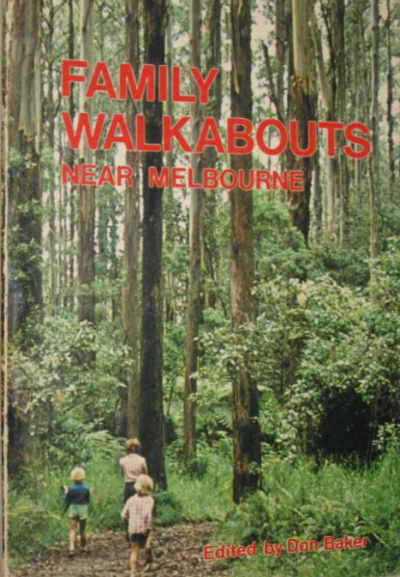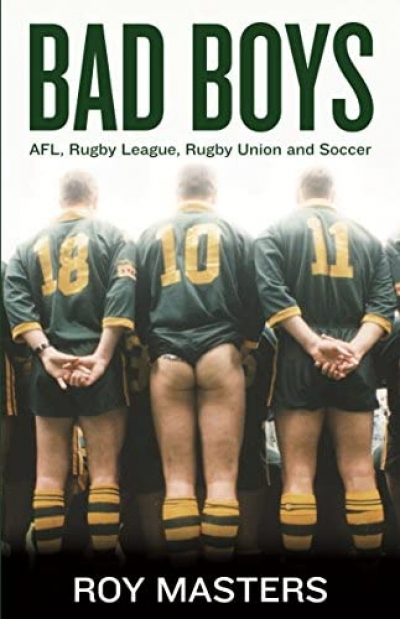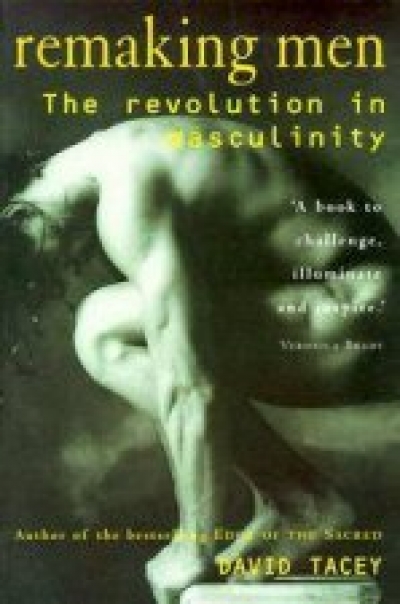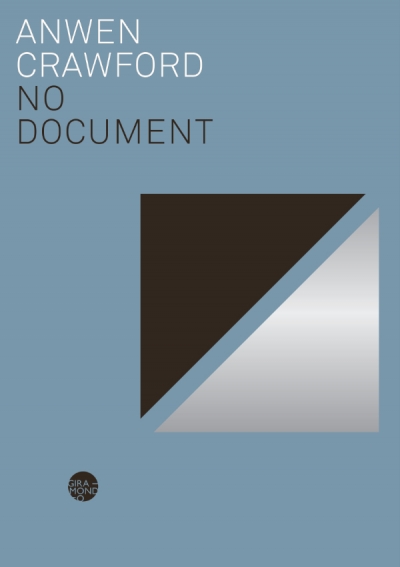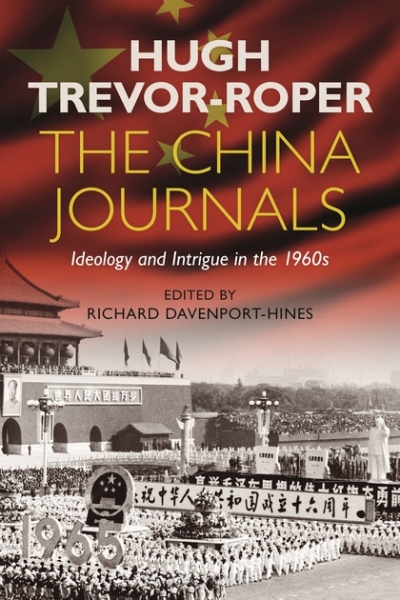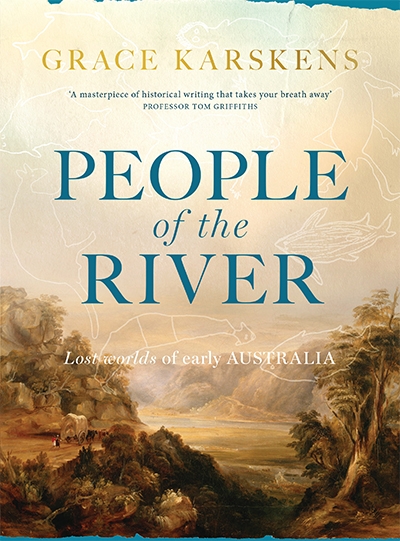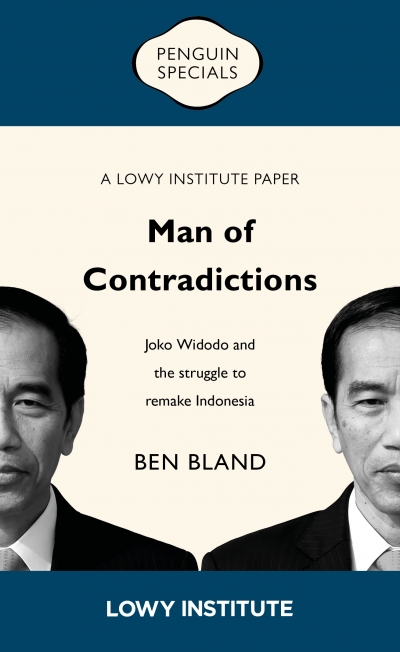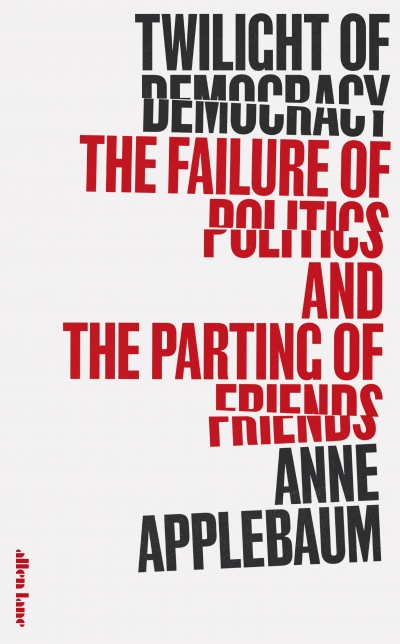Non Fiction
Publishing non-fiction books for young adults and children demands creativity, invention and a dash of bloody-mindedness. Our relatively small population means that non-fiction books must make their way in an ever-tightening market. Big-budget ‘wow factor’ titles like the design-heavy Pick Me Up (Dorling Kindersley) and the best-selling The Dangerous Book for Boys (Conn and Hal Iggulden) are largely beyond the scope of the domestic market. Both have been international hits. Without the audience base to launch such books, Australian writers and publishers must work to a tight brief, navigating between the relatively small market and the diminishing school library budget. To succeed, these books need to work outside the school context as well as within.
... (read more)Bad Boys: AFL, Rugby League, Rugby Union and Soccer by Roy Masters
About twenty years ago, we were offered a house on Stradbroke Island for a winter holiday. Cheshire, the publishing company I had recently left teaching to work for, was also a bookseller; so not only was there a fortnight, kids willing, to catch up on all those books we had meant to read, but they were available at staff discount.
Before we left, I went through Cheshire’s paperback section like Mrs Marcos through a shoe shop. Lots of novels we had heard about, a couple of unknowns with rather promising covers and, while I was about it – to assuage the guilt of the promising covers – The Tyranny of Distance. I had heard it was good and had meant to read it one day.
... (read more)
